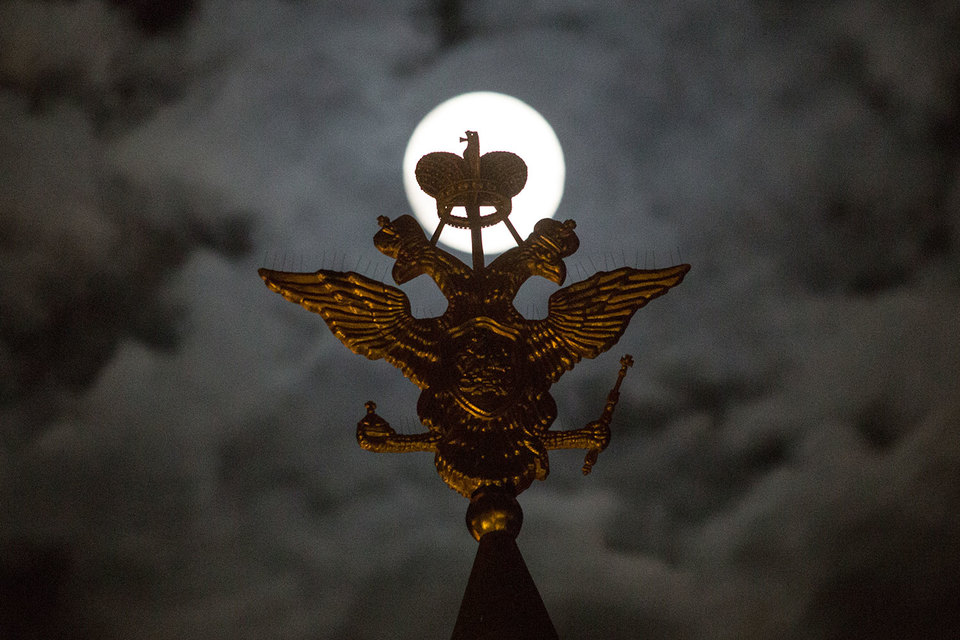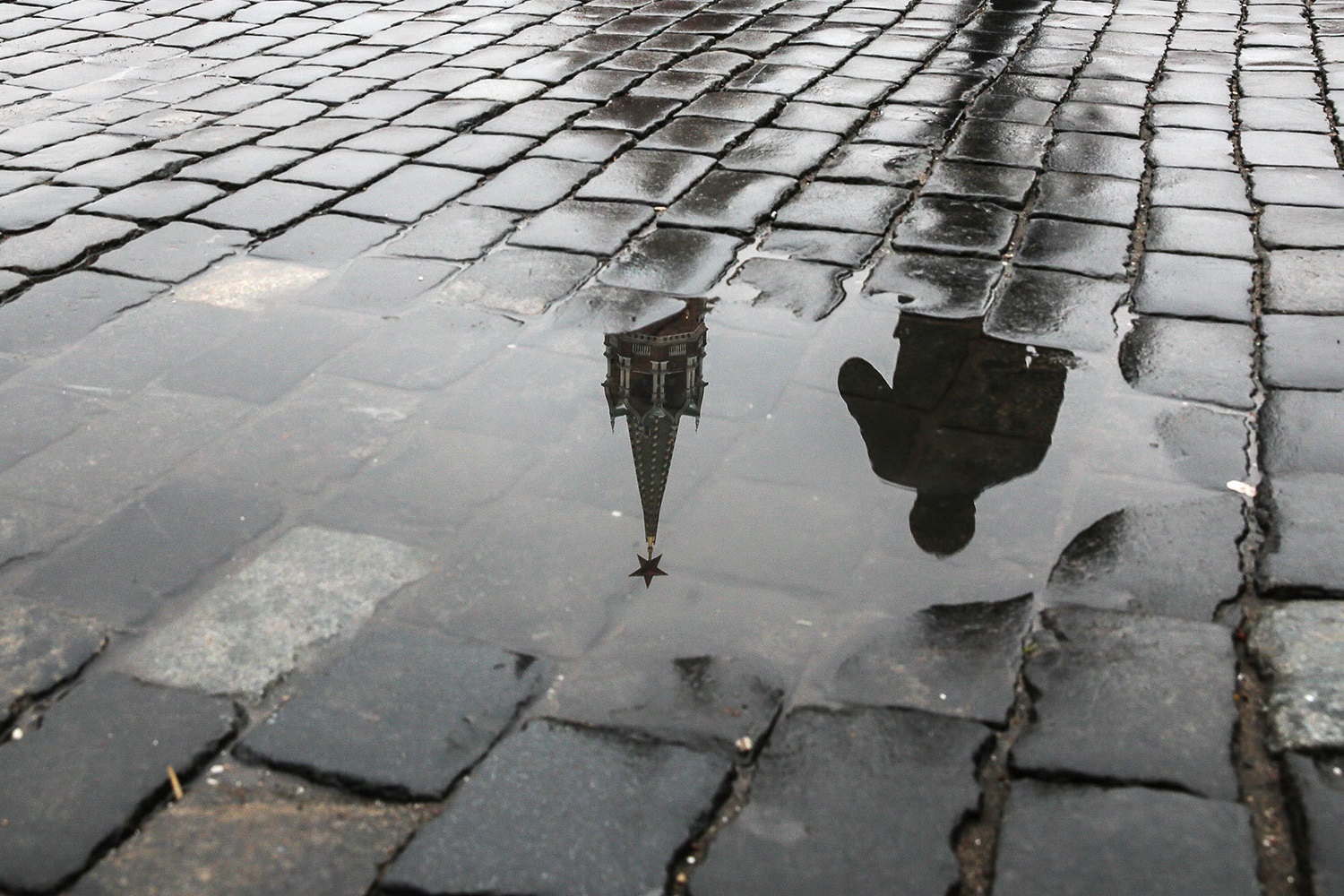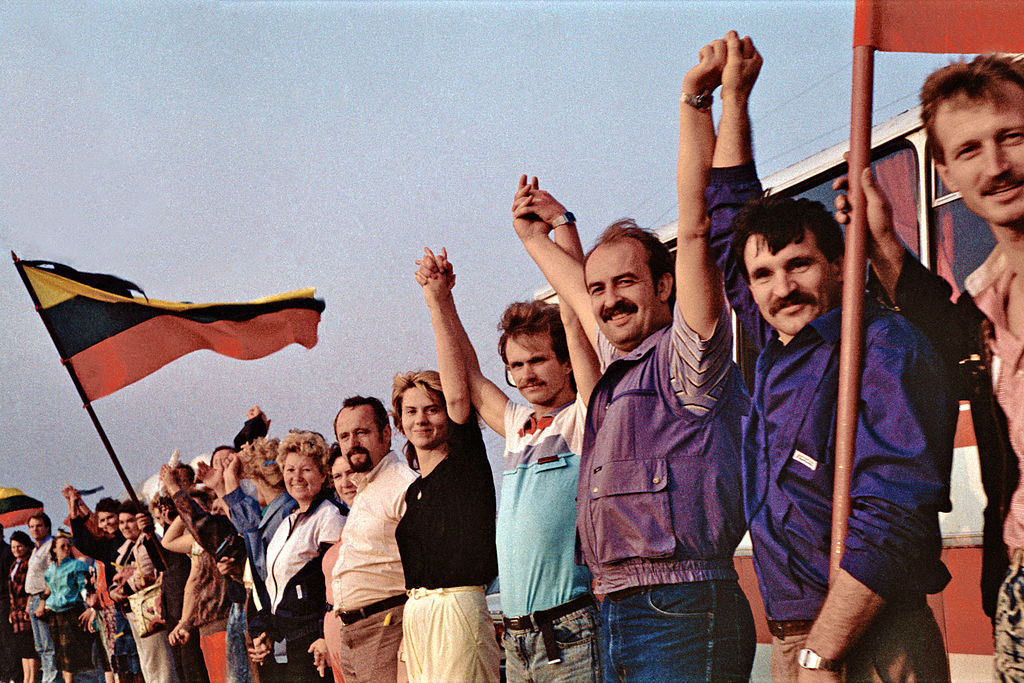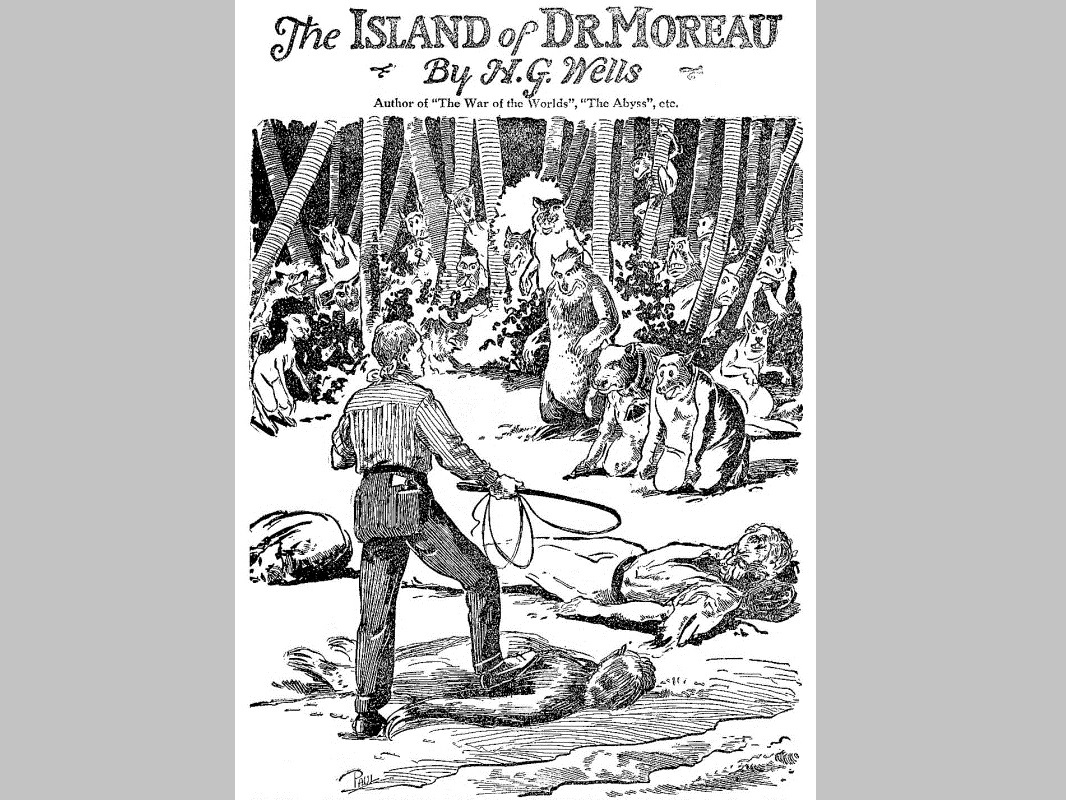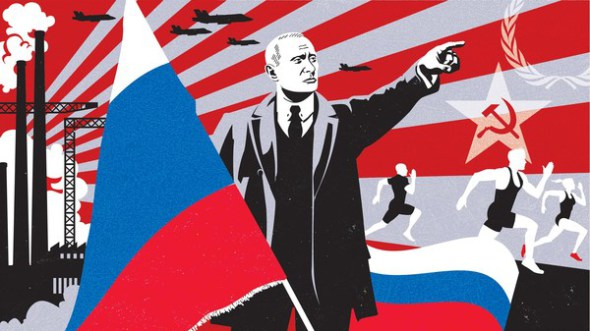
Both supporters and critics of the Putin regime often say his regime lacks an ideology – Aleksandr Podrabinek is only the latest – but in fact, Irina Pavlova says, it does: “traditional Russian great powerness (velikoderzhaviye), cleansed of communism and dressed up in Orthodox clothing.”
Not only should this be obvious to even a casual observer as such events as the just-concluded celebrations of Victory Day, the US-based Russian historian argues that the chord that this ideology has struck with the Russian people, one much deeper than communism ever did, explains support for Putin and Putinism.
This is “a fait accompli” and it won’t be significantly changed if it is adopted as a formal ideological platform, the historian continues. Attachment to the core ideas of greatpowerness “unites the powers, the elite, the people of Russia and also a significant part of progressive society” elsewhere.
This idea has its roots in the 16th century idea of Moscow as “the third Rome.” Over time, “this idea was transformed into an ideology” and now has taken the form of what may be called “Russian fundamentalism,” whose followers accept without question four key notions without asking that they be proven:
- First, Russians believe that “the Russian people is the bearer of a special morality and a special feeling of justice.”
- Second, they reject “the spiritless West as a model of societal development.
- Third, they have a “vision of the future of Russia as an empire.”
- And fourth, they are “certain of its special and unique historical mission.”
That is an ideology, Pavlova says, whatever those who deny its existence suggest.
Related:
- Moscow, “the Third Rome,” may suffer fate of the Second rather than the First
- Ukrainian independence exposed bankruptcy of all three Russian imperial projects, Ikhlov says
- Russia remains a Byzantine state and that may doom it, ‘Gazeta’ editors say
- Putin regime has long had an ideology – Great Power Imperialism — Pavlova says
- Chekist regime and criminal world in Russia now ‘completely coincide,’ Portnikov says




